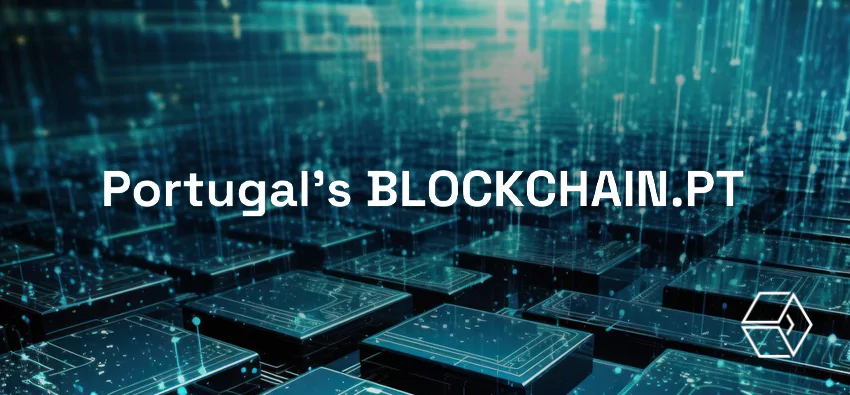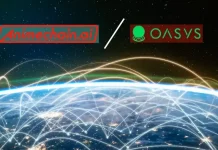
Portugal is now embracing technological disruptions with the creation of Blockchain. PT is a national network dedicated to blockchain innovation and capturing foreign markets. This initiative aims to build and consolidate an innovation system encompassing technology enterprises, research and technology organizations, public administration, and other segments that could profit from distributed ledger technology (DLT) in Portugal and even beyond.
The alliance proposes a rigorous agenda entitled “Descentralizar Portugal com Blockchain” (Decentralize Portugal with Blockchain), supported by 20 private establishments, 15 Research and Technology organizations (RTOs), four public administration bodies of the local and regional level, and a competitiveness network (TICE. PT). These developments are funded by up to 59 million Euros, more than half of which is being supplied through the National Programme for Economic Recovery and Resilience through the Government of Portugal and the Recovery and Resilience Plan (RRP) funded by the European Union as part of the NextGenerationEU instrument.
The agenda focuses on a Gross Value Added value of approximately 215 million Euro, equivalent to an added value of close to 58%, with sales of 111 million Euros, about 40% of which are expected to be in export markets. It is expected that the program will generate over 360 jobs, including 313 highly qualified positions.
Blockchain.PT’s initiatives aim to benefit certain industrial sectors, including food and retail, local governments and institutions, agricultural corporations, healthcare units, financial companies such as banks and investment funds, notaries, credit intermediaries, and real estate companies.
One of the core focus areas of Blockchain.PT is to build mechanisms for different Distributed Ledger Technologies (DLTs) to work collaboratively in both technical and semantic ways. This will allow networks to interact and exchange assets with each other directly. This objective is shown in Work Package 7, one of the ten work packages and the four top-level packages. The target of this project is to raise the enclosure and legal compatibility of the sandbox, which is in line with EU regulations.
Providing interoperability support to the blockchain infrastructure is the key to overcoming the challenges of widespread DLT deployment. Blockchain allows different blockchain networks to interoperate and collaborate. PT enables interoperability and cross-platform data sharing and transfer of assets. This, therefore, not only improves these networks’ efficiency and trading ability but also stops any individual blockchain from becoming the only point of failure.
Blockchain is practical and has manifold applications in diverse sectors, some of which are already experiencing a positive impact. PT’s solutions comprise digital identity, supply chain management, healthcare, voting systems, and central bank digital currencies.
While pursuing the Blockchain interoperability mission, Blockchain aims to be the leader in this field. PT has chosen the hyperledger cactus as an initial stage. Hyperledger Cacti serves as an interoperability framework to interface legacy systems with heterogeneous blockchains, providing support for features like Hyperledger Besu, Fabric, Indy, Iroha, Sawtooth, R3 Corda, Go-Ethereum, Quorum, Xdai, Polkadot among others.
In addition, Hyperledger Cacti is promoting the development of the Secure Asset Transfer Protocol (SATP), which is standardized by the Internet Engineering Task Force (IETF). SATP is designed to realize the transfer of digital assets between networks through peer gateways, which will be implemented in partnership with MIT, Blockdaemon, IBM, Quant Network, Instituto Superior Tecnico, and INESC-ID.
Blockchain.PT will work through the next year and a half, bringing commercial-grade blockchain interoperability through Hyperledger Cacti in unity with the Hyperledger community, and is aimed to release open-source code enabling legacy and blockchain infrastructures to connect in a modular, secure, and scalable manner. This initiative projects Portugal into the international arena at the helm of the decentralized global drive toward a seamless and interoperable digital future.












